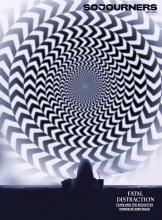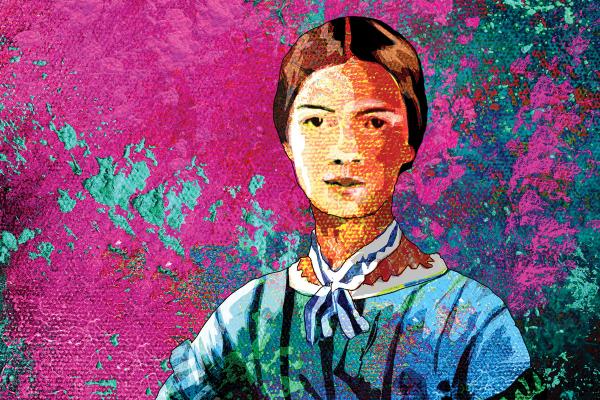WHEN EMILY DICKINSON first read the novel Jane Eyre, she didn’t know the name of its author. At the time, Charlotte Brontë wrote under the pseudonym Currer Bell, and her work was the subject of controversy. The British Quarterly Review referred to Bell as “a person who ... combines a total ignorance of the habits of society, a great coarseness of taste, and a heathenish doctrine of religion” and said, “the tone of mind and thought which has overthrown authority and violated every code human and divine ... is the same which has also written Jane Eyre.”
When Dickinson returned Jane Eyre to the friend who lent it to her, she sent it with a bouquet of box leaves and a note that makes it clear she’d heard the gossip on Bell. She wrote, “If all these leaves were altars, and on every one a prayer that Currer Bell might be saved — and you were God — would you answer it?” Years later, when Brontë died, Dickinson wrote the following elegy: “Oh, what an afternoon for heaven, / When ‘Brontë’ entered there!”
As Dickinson’s biographer Alfred Habegger notes, this elegy not only grants Brontë salvation but also “made heaven the beneficiary.” Even in these brief notes on Brontë, we can see some of the common themes of Dickinson’s poetry. There is the impulse to engage with (and even affirm) the ideas of God and heaven but also the impulse to subvert rigid and exclusive notions of theology.
Read the Full Article

